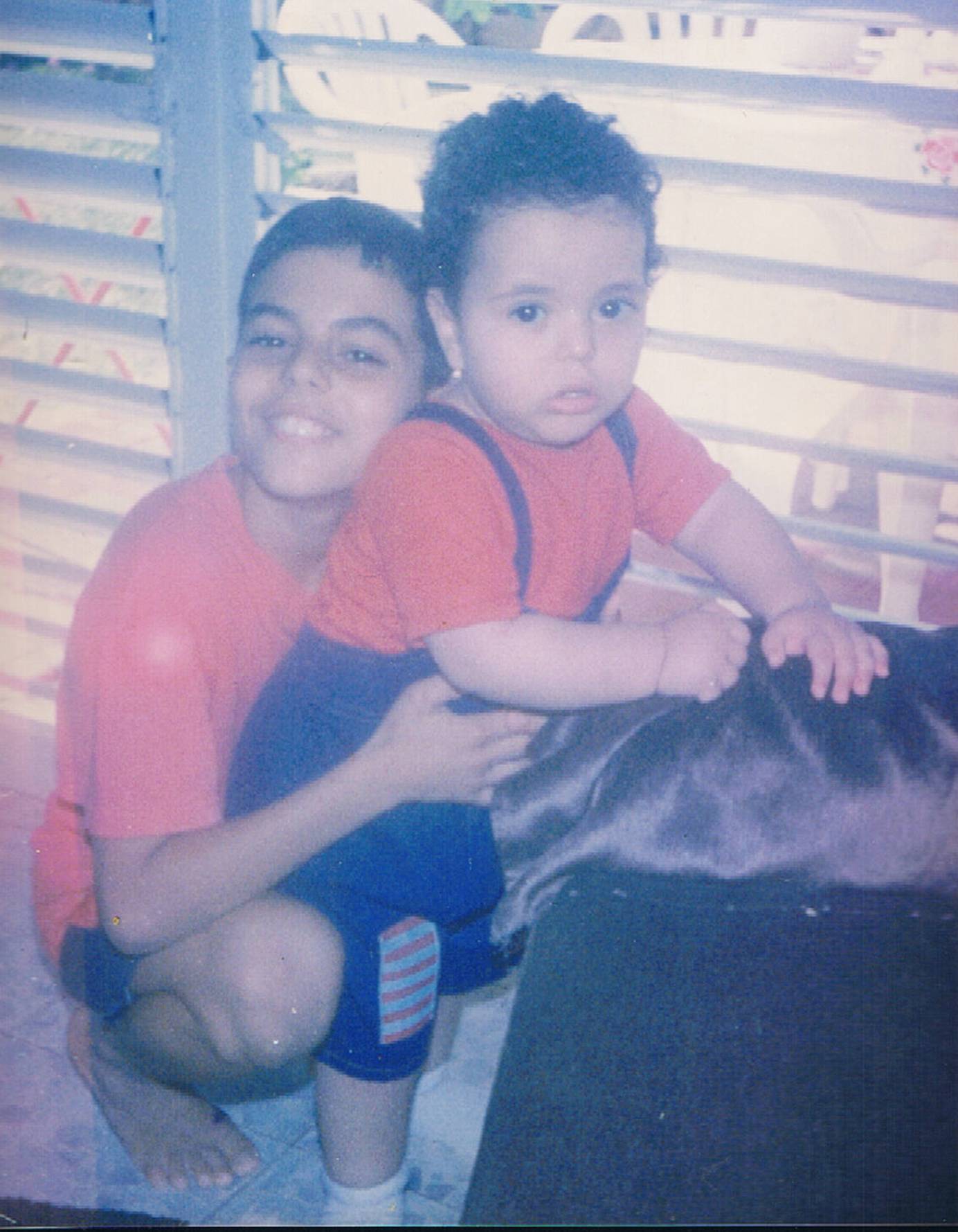


In memory of Shachar Veckart
Born in Lod, 7th of Adar, 5740 (March 5, 1980). Fell in Bethlehem, 13th of Cheshvan, 5761 (November 10, 2000)
Shachar and Shlomo were born on the same day but 11 years apart. They always celebrated their birthdays together and gradually became close friends. Nadav Ambon and Chim Weinberg weave Shlomo’s memories into a moving animation clip
Already in Ma’apilim Elementary School, which he attended, Shachar Veckart excelled in all subjects and became known as a gifted student. From there, he continued on to the first class of the School for Sciences; he did well in all his courses and also on the table tennis team and the student council. He completed his studies with honors and although he could have gotten into the academic reserves, he chose to join a combat unit.
On the day that he was critically wounded at Rachel’s Tomb, Shachar had replaced the platoon commander, who was injured a day earlier. After his death, the battalion commander told the family that because of his experience and his abilities, it was decided that he would replace the injured officer, even though he was only a sergeant. On that day, hundreds of Palestinians arrived during the afternoon at Rachel’s Tomb, where the Shimshon Battalion was deployed. Some of the crowd started to throw rocks and Molotov cocktails into the Tomb area, closing in on the soldiers. Shachar gave the order to charge.
 |
After the crowd withdrew, the soldiers began to return to the Tomb. Shachar the commander and the radio man were the last ones. A few meters before they got into the secure area, two bullets were fired at them, apparently by a sniper about 250 meters away. One of them hit Shachar in the neck. He was evacuated to the Hadassah Ein Karem Hospital in Jerusalem. The efforts to save his life did not succeed. Shachar was meant to be released from the IDF ten months later. He left behind Shulamit and Meir, his parents, two sisters and two brothers.
Interview with Shlomo Veckart, Shachar's brother
Shachar and I were born on the same day but 11 years apart. We would celebrate birthdays together with the whole family. There were two cakes, one for five years and one for 16 years, one for six years and one for 17 years. And so on every year. Since I was the smaller one, it perhaps overshadowed his birthday, but it connected us.
(From the story “Missing a Hug”, published by the One Family Association)
Thoughts from Nadav Ambon and Chim Weinberg who created the film:
Open, closed, open
The text, like the project as a while, conveys a “personal memory”. Shlomo describes his brother from a set of fragmentary memories, which were colored by a child who has lost a brother, a friend and a role model. The leading element of the concept is circular—a gap between the brothers is bridged on their joint birthday. It opens the text and closes it.
It was important to convey the circularity in building the film: To open with what connected them to the experience of the child and to end with the joint birthday, which became a kind of monument to Shachar who was no longer there. The thread that joined them from birth, by way of life and until death leads the line of thought to the visual solutions for Shlomo’s testimony about Shachar.